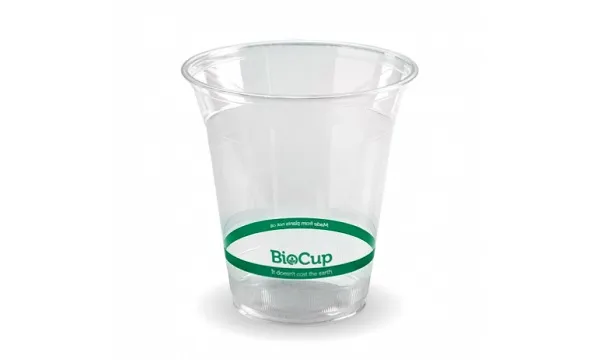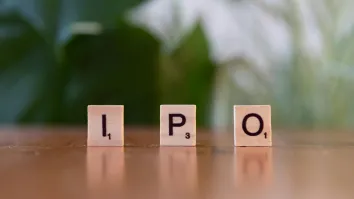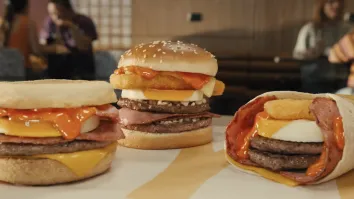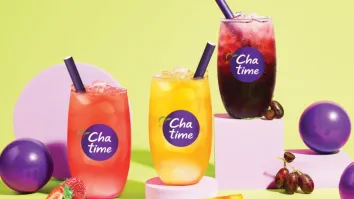
Five biocup myths busted
Ever wondered if recycling cups is better than composting?
(Editor's Note: The article was written by BioPak. See the original article here.)
There's a lot of confusion surrounding compostable coffee cups and we're here to set the record straight by debunking 5 of the more common myths around bioplastics.
Myth #1: PLA bioplastic is a polymer and no better than regular plastic.
Truth: BioCups are made with a bioplastic sourced from rapidly-renewable plant resources, like corn – not finite fossil fuels. Ingeo PLA (polylactic acid) requires 52% less energy to produce and has a carbon footprint 71.8% lower compared to regular plastic. it is designed for the circular economy to biodegrade into nutrient-rich compost in an industrial compost facility.
Myth #2: No industrial compost facilities accept biocups.
Truth: 30+ commercial compost facilities in Australia and New Zealand compost biocups. This number is growing every week. Our Biopak compost service can collect compostable packaging and food waste from 2,200+ suburbs in every state (including Victoria). our customers have diverted 700 tonnes of waste from landfill in one year.
Myth #3: BioCups can’t be recycled in residential recycling.
Truth: Neither PE or PLA-lined cups can be recycled in residential paper/plastic recycling streams. However, BioCups can be composted in residential green bin collections along with coffee residue, other compostable packaging and food scraps in a growing number of locations, such as South Australia. in addition, businesses can use the Biopak Compost Service operating in 13 major cities across Australia and New zealand.
Myth #4: BioCups don’t break down into a quality compost.
Truth: BioCups are independently certified to AS4736 and when disposed of in an industrial compost facility, they will completely biodegrade into a non-toxic, high-quality compost without leaving behind any mircoplastics. Through our compost service, our customers have created 50,000 x 10kg bags of compost – returning nutrients to the soil in a proven closed loop solution.
Myth #5: BioCups compost in landfill.
Truth: Ideally, no cups, foodservice packaging or food should go into landfill. the conditions in landfill are such that the process of biodegradation of organics (cup paper) will emit harmful methane gas – not nutrient-rich compost. However, if BioCups and regular coffee cups (PE cups) do end up there, BioCups have contributed less greenhouse gases and used less non-renewable energy when they were made, something regular cups cannot achieve.
























